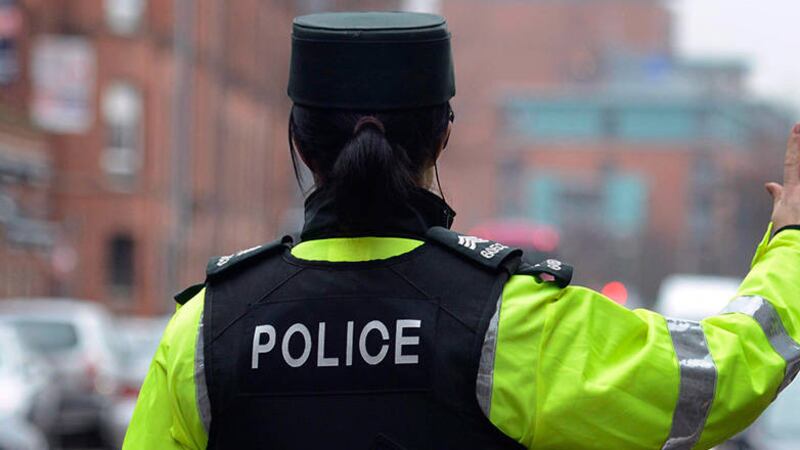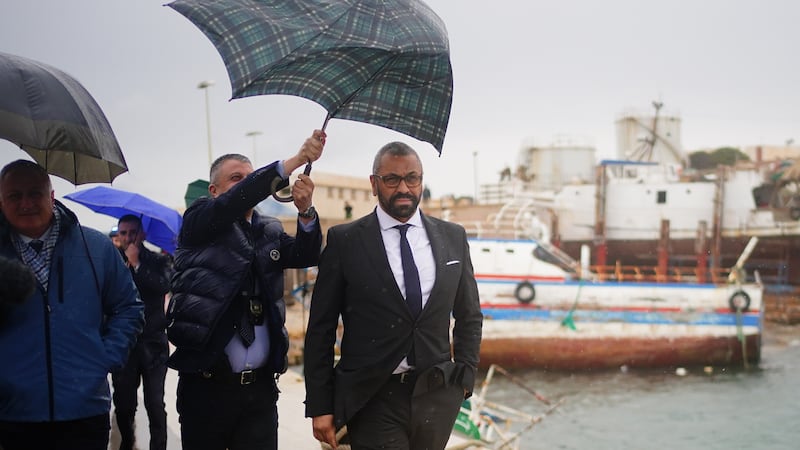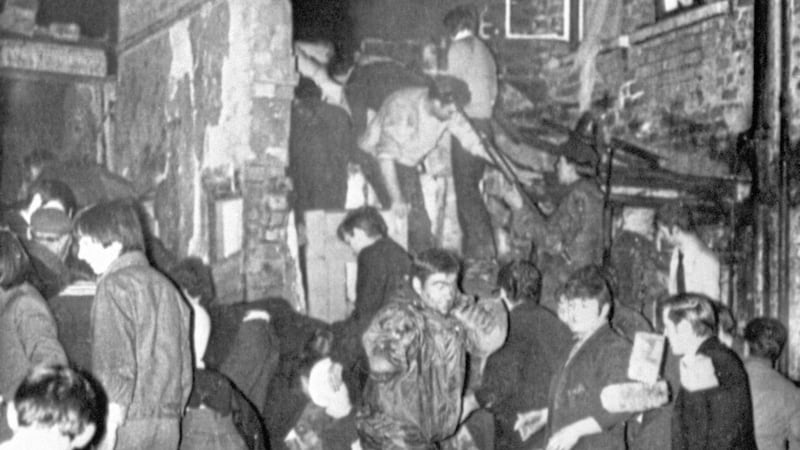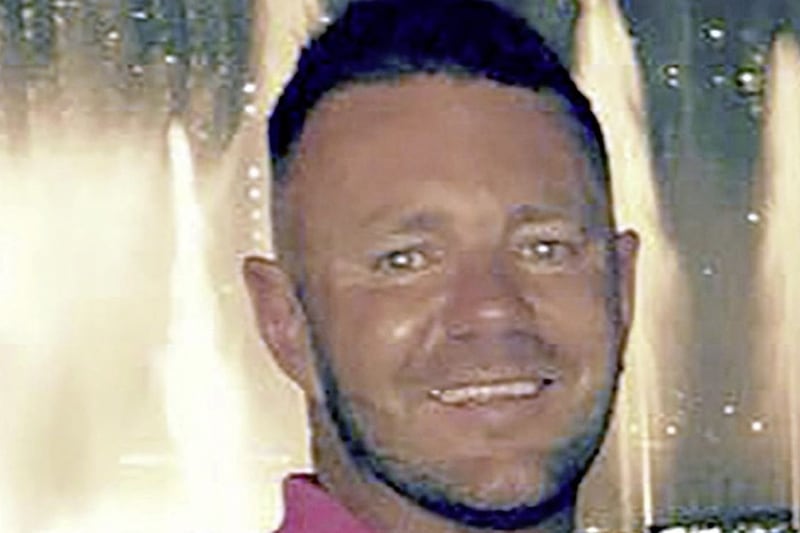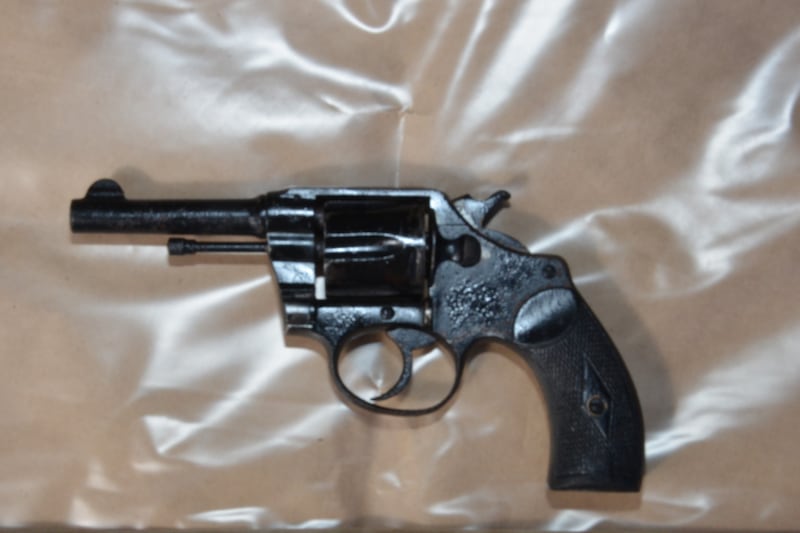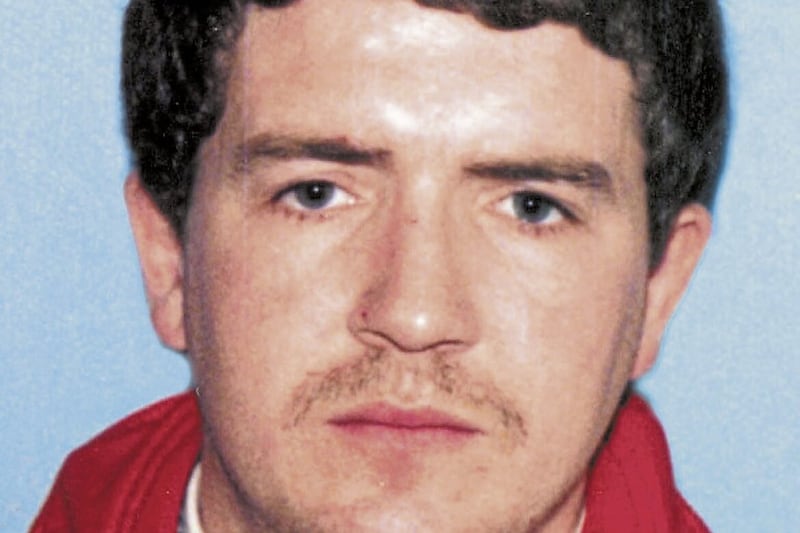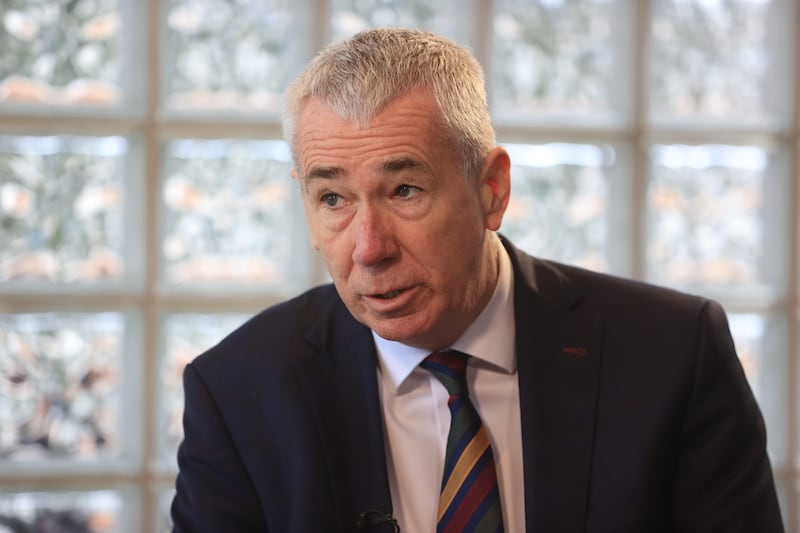THE PSNI is being forced to take patients to hospital because ambulances are unavailable or fail to arrive in time, alarming police records reveal.
In central Belfast alone police are bringing people to hospital three times every weekend during late-night hours when revellers flock to pubs and night clubs.
Over the course of a year it is the equivalent of police in the city being forced to stand in for paramedics more than 150 times.
The details emerge amid concerns from police chiefs in Britain about officers having to attend incidents that should be dealt with by ambulance crews.
Mark Lindsay, chairman of the Police Federation for Northern Ireland, said officers should not be expected to fill the gaps left by over-stretched ambulance crews.
"We are aware of scores of occasions when police officers step up to the mark and transport people to hospital," he said.
"This is just another example of the police being the service of 'last resort', and that when other statutory agencies fail with their obligations, it is us who have to fill the gaps.
"Our officers have basic first aid training but they are not paramedics or trained ambulance personnel and should not be expected to fill a void because ambulance crews are too thinly spread."
A snapshot of records of police transporting patients to hospital was uncovered by The Irish News through a freedom of information request.
The PSNI revealed that in the Belfast city policing district, officers brought people to hospital on 12 occasions during late-night hours at weekends in December.
The hospital transfers were recorded between the hours of 10pm and 6am on Fridays and Saturdays in December last year.
However, the true scale of the issue cannot be established because the PSNI does not specifically record instances where officers take people to hospital.
Mr Lindsay said police officers have "undoubtedly saved lives" by taking people to hospital instead of waiting for ambulances.
"Officers are often first at the scene of an incident and are, therefore, placed in the position where it's imperative that people are taken to hospital without waiting for an ambulance to arrive. Officers have undoubtedly saved lives by their prompt actions," he said.
Last month London's Metropolitan Police disclosed that it was forced to transport people to hospital on 903 occasions last year.
The figures mean Scotland Yard officers were sent to stand in for paramedics at a rate of more than twice a day in 2014.
In November Simon Cole, Chief Constable of Leicestershire Police, raised concerns about officers having to bring people to hospital.
Ambulance response times have hit a five-year low with crews arriving at emergencies within eight minutes for 67.6 per cent of Category A calls. Stormont's target is 72.5 per cent by March 2016.
The Northern Ireland Ambulance Service (NIAS) said it did not accept that police are 'having to take' or are 'being forced' to take patients to hospital.
Spokesman John McPoland said NIAS believe many of these calls are connected to the night-time economy in busy town centres.
"The officers may request an ambulance and the call might well have been classified as a Category C call. In such instances Category A and B calls will receive a priority response when ambulances become available," he said.
"We can only surmise that in order to free their own resources, officers on the ground are making the decision to transport the patient to the emergency department.
"At no time have police officers been instructed by NIAS control to provide this transport."
He added that NIAS received more than 150,000 calls to the 999 emergency line in the past year.
The PSNI said it "works closely alongside other emergency services and agencies in order to keep people safe".
